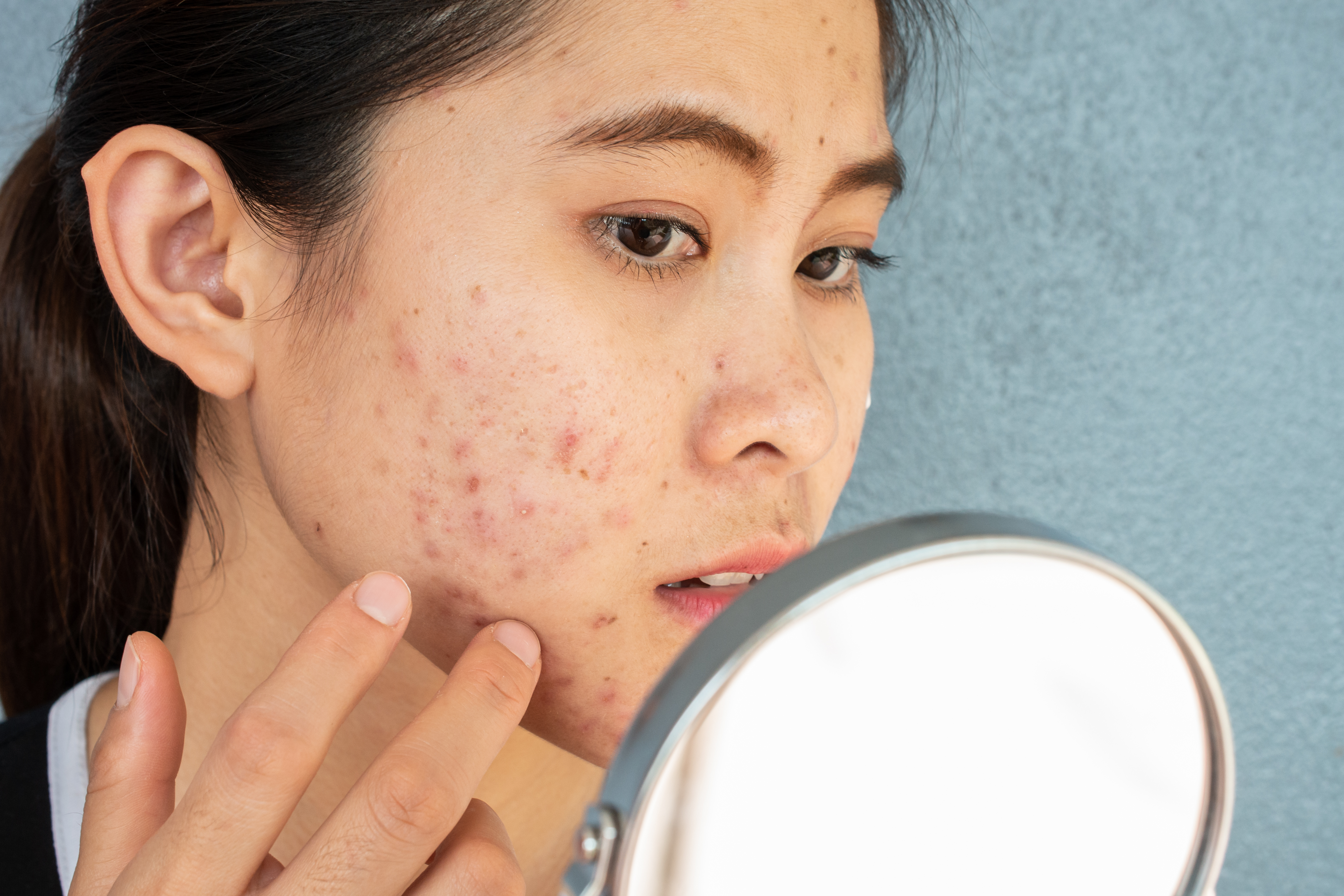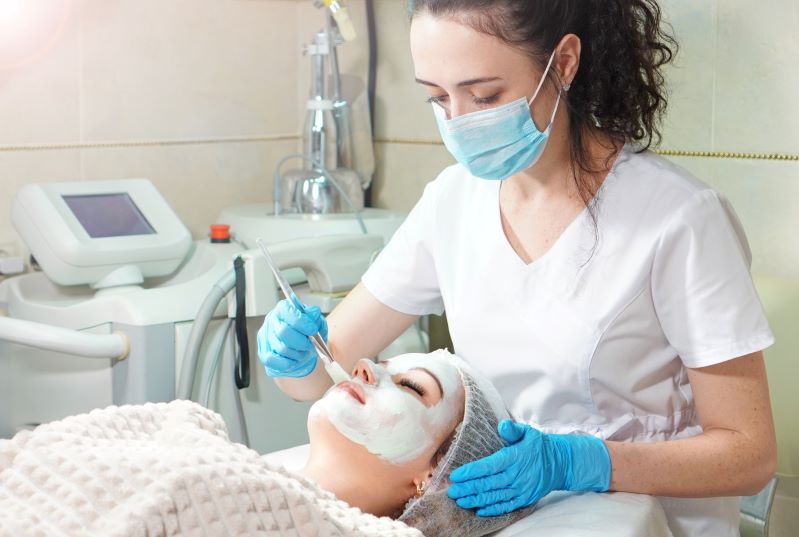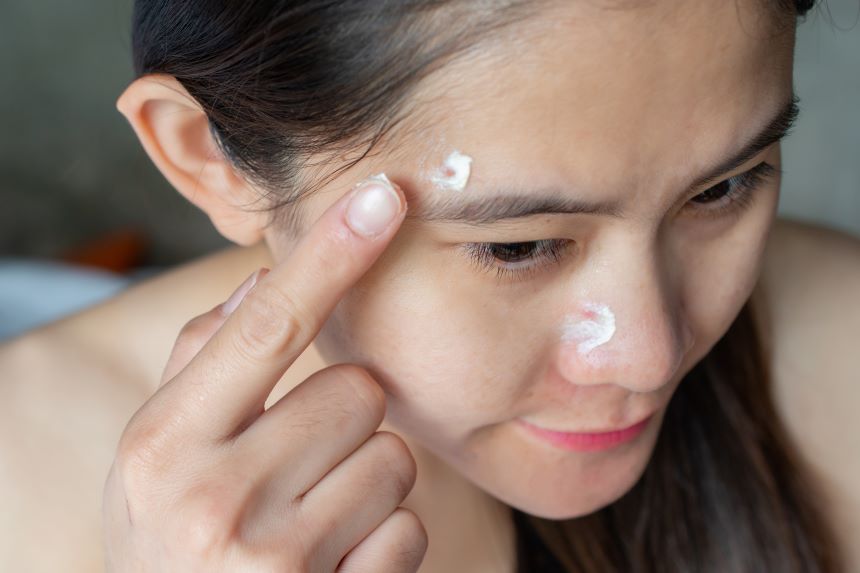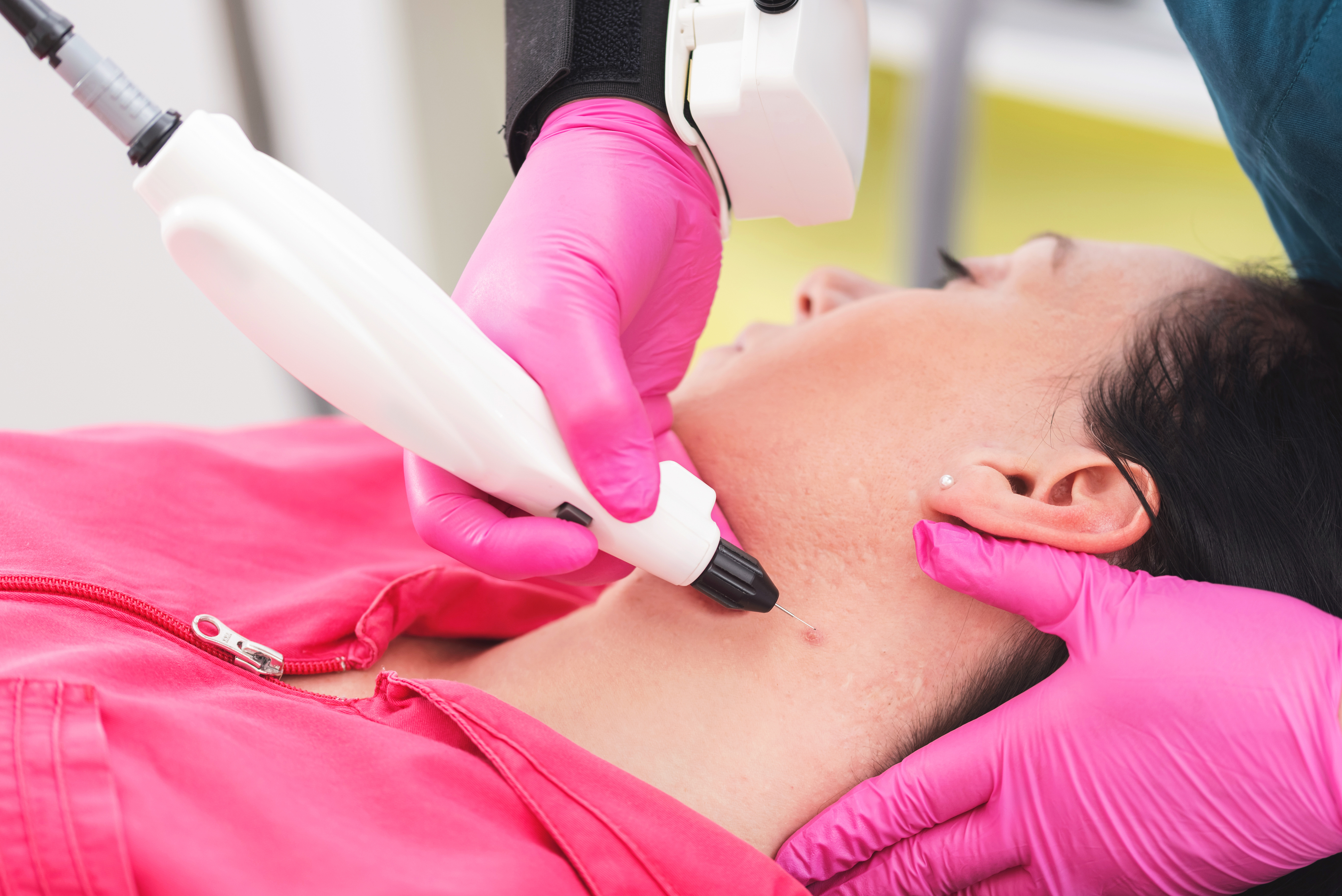Acne can be tiring and frustrating, and many young people ask, when does acne go away? A zit is…

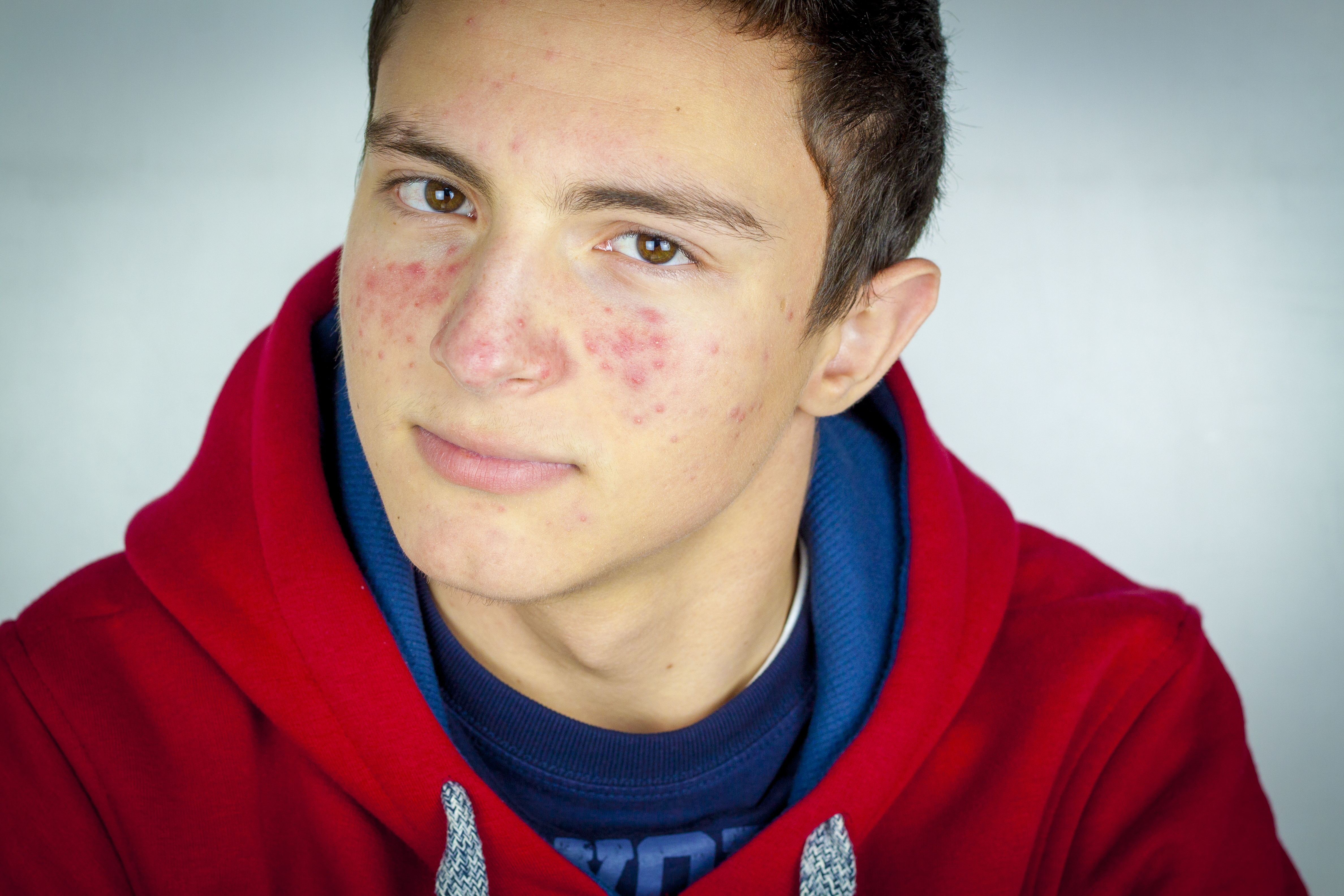 Acne
Acne
Why Do Teenagers Get Acne?
For everyone, not just teenagers, acne is caused by heredity and hormones. With a family history of acne while going through puberty, testosterone and hormones activate the sebaceous glands or oil glands, which then overproduce oil, resulting in clogged pores which creates acne.
When teenagers go through puberty, many hormonal changes within the body occur. If a teen’s parents had acne, it is more likely the teenager will get it as well. But for most, acne disappears by the end of their teenage years.
The type of acne common in teens is called acne vulgaris (vulgaris means common type). This acne mainly shows up on the face, back, chest, neck, and shoulders. Sebaceous or oil glands in your skin’s pores produce what is called sebum that moisturizes your hair and skin naturally. Besides going through puberty, your sebaceous glands typically produce a normal amount of sebum. While your hormones are changing and growing, your sebaceous glands produce more oil, which causes acne breakouts.
Pores can become clogged when sebum is overproduced and dead skin cells aren’t exfoliated or removed. Bacteria can also get trapped within pores, which causes redness and swelling of the skin which then leads to acne.
But don’t worry, depending on the acne severity, it can be easily treated when the cause is identified. If you struggle with mild acne, you can buy acne cream online or visit an acne pharmacy for more severe acne. It’s also recommended to visit a dermatologist for best results.
But before we get into the treatments of acne, let’s talk about what causes teenage acne and the different types.
What Are the Different Types of Acne?
Whiteheads

These occur when clogged pores close.
Blackheads
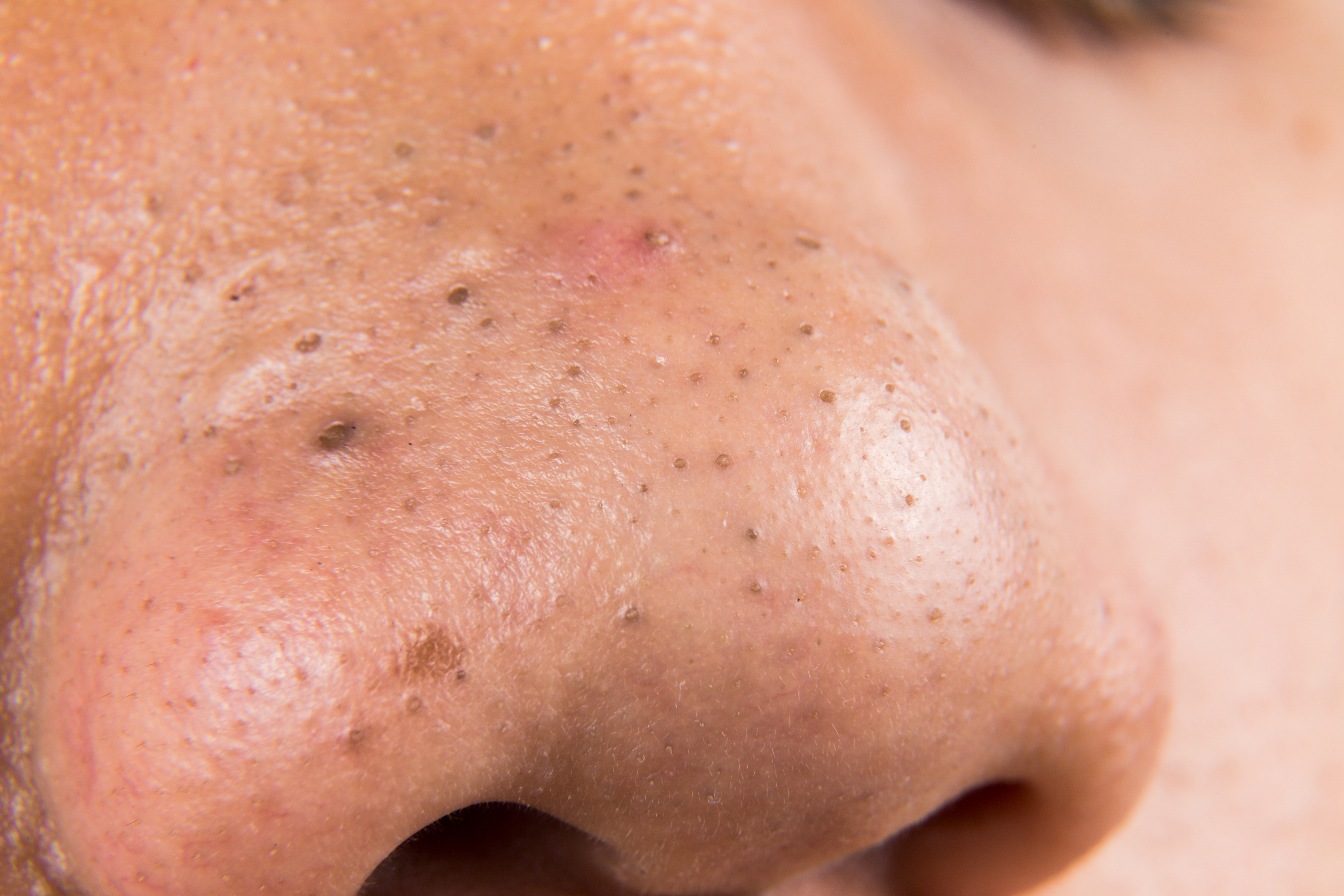
This occurs when clogged pores open, causing the surface to darken from oxygen interacting with the content of the blackheads, the surface can darken from oxygen interacting with the content of the blackhead.
Pimples
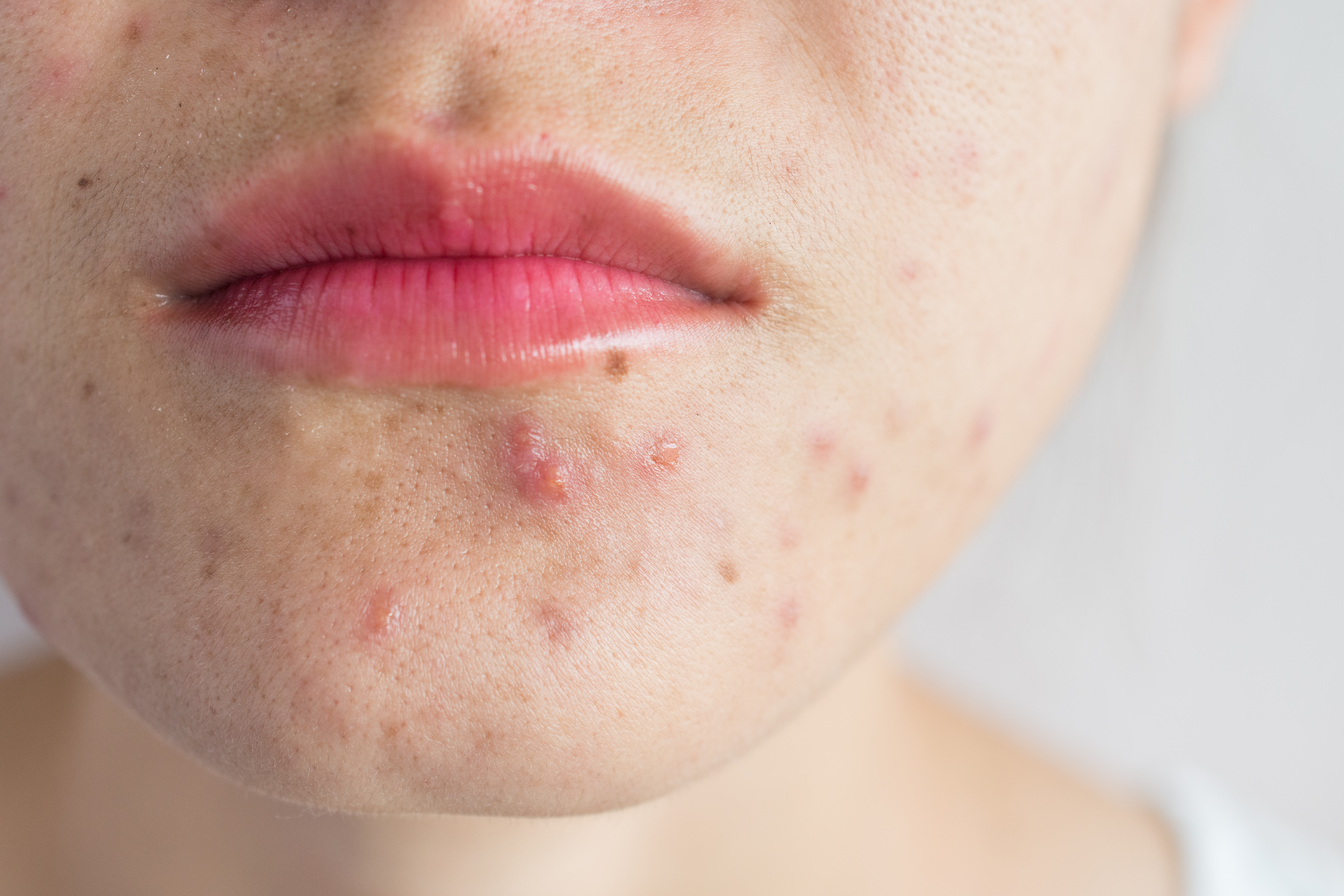
When the wall of a pore opens, allowing sebum, bacteria, and dead skin cells to rush in. This results in a red bump, sometimes pus-filled, to appear on the skin (aka a pimple).
Nodules
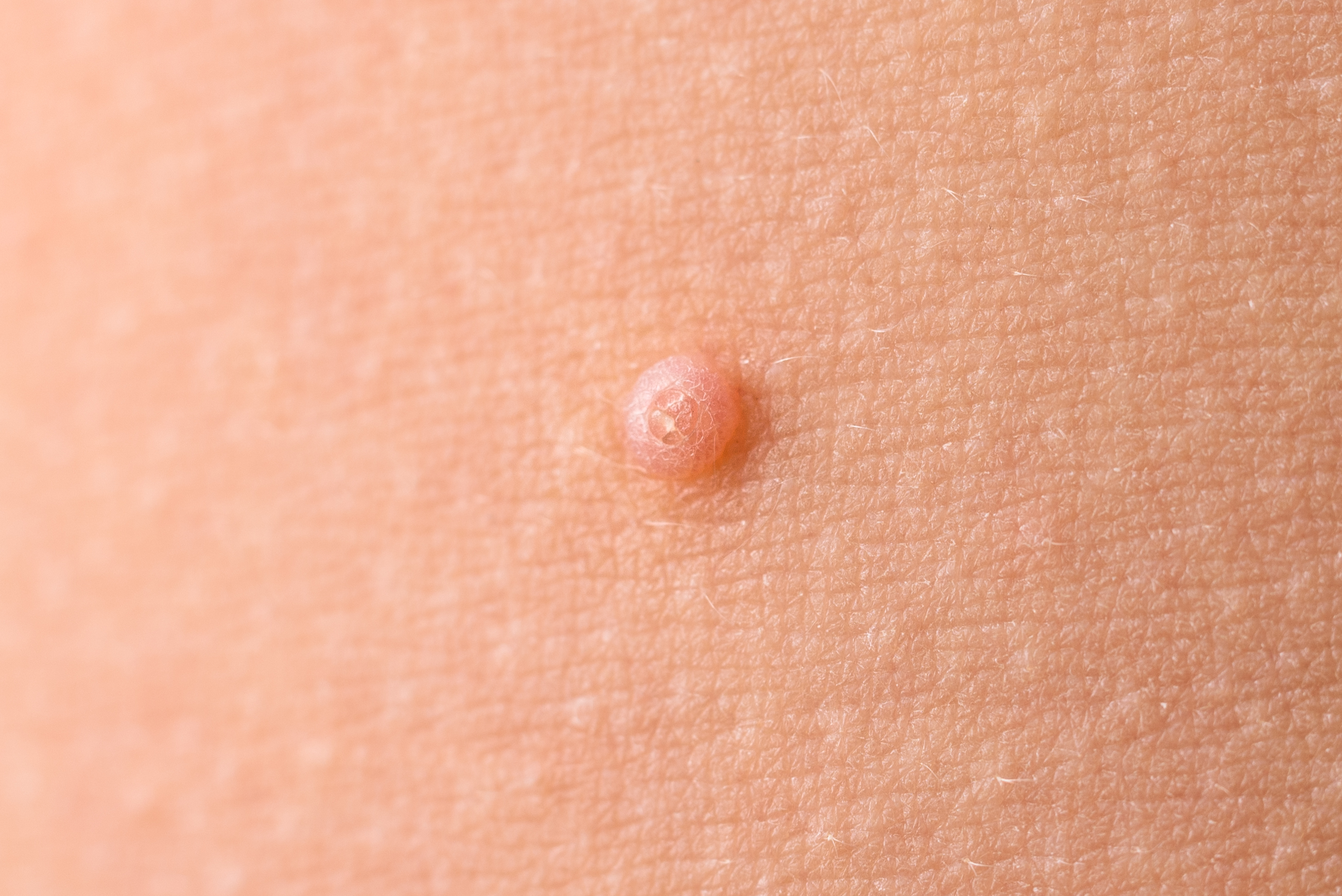
Clogged pores that open up deep within the skin can cause infected lumps or cysts that are larger and can be more painful than pimples. Sometimes, large cysts that seem like acne can actually be boils caused by a staff infection. If you seem to have very painful and large cysts that could possibly be a boil, see your dermatologist right away!
It Could Be: Genetics
Genetics determine how effectively your skin and body can fight against teen acne. Although, there is not one specific gene that increases the likeliness of acne breakouts.
Hormonal conditions can be common within families, such as Polycystic Ovary Syndrome, or PCOS, which has been shown to be genetic and causes acne.
Adult acne is shown to be genetically passed down. Researchers believe that genes play a key role in determining the likelihood of acne and the ability for it to become resistant in adult years. Those with immediate relatives who struggle, or have struggled, with acne are more likely to experience it themselves. When adult acne is experienced or teenage acne moves on to adult acne, one might start to wonder, “at what age does acne go away?” But that’s not always an easy question to answer as many reasons can cause acne and make it linger on for years.
A family history of acne can be a predictive factor on acne breakouts in adolescence. If both parents have experienced acne, the risk of receiving it is higher. Both parents may possess the same hereditary aspects of acne. For example, one parent may pass on a hormonal condition that makes you acne prone, while the other passes on a sensitive response to bacteria or other genetic factors.
It Could Be: Scratching and Picking
Picking at your skin, squeezing pimples, and scratching off scabs will 100% make acne look worse. When you pop or pick at a blemish scab, you create more inflammation and damage skin. Touching your skin should be avoided. Our hands and fingers contain much bacteria, so contact acne can develop from the matter on your hands transferring to your skin. Overall, keep your hands off of your face as best as you can!
Hand to face contact is not the only way to develop contact acne! Other items touching your skin can worsen or cause acne as well. These are items like headbands, hats, football helmets, etc. These items rubbing against your skin can cause acne mechanica, which is acne caused by friction.
Not touching your face will not clear up acne, but can prevent worsening acne or new areas of breakouts on your face and skin.
It Could Be: Premenstrual Syndrome
Premenstrual Syndrome, also known as PMS, is extremely common among women from ages 18-35. This syndrome causes physical and emotional symptoms experienced days before a woman’s period. These symptoms can be mood swings, craving food, depression…and acne breakouts!
Premenstrual acne is a flare-up of acne that occurs prior to getting your period. These show up about 7 to 10 days before the menstruation cycle and clear up when it begins. Menstrual cycles set off all different kinds of hormone levels, which is the main cause of premenstrual acne.
Two hormones, estrogen and progesterone, are affected during the cycle. Estrogen levels rise during the first half while progesterone rises during the second half. As you PMS, both levels of these hormones fall, and your testosterone levels stay the same. The rise in progesterone creates more sebum, which is an oily substance that naturally hydrates the skin. During this rise, hormonal interactions may cause the skin to swell, which then compresses pores. This can cause sebum to build up underneath the skin, causing breakouts.
Having higher testosterone levels can also increase sebum production, which may give some a healthy glow, and others premenstrual acne as the pores clog with dirt, debris, and dead skin cells.
It Could Be: Makeup and Hair Products
Makeup is great, but certain people’s skin reacts differently to certain products, which you should avoid if you are experiencing acne!
Tips on how to avoid acne caused by makeup:
- Never sleep in your makeup
Before you hit the hay, be sure to gently but thoroughly remove makeup from your face and neck. Removing makeup minimizes the chance of makeup clogging your pores. Be sure to not scrub the skin ever, all you need is a gentle cleanser, lukewarm water, and use your hands or a soft washcloth to clean your face.
- Choose makeup labeled “non comedogenic”
Non Comedogenic makeup does not contain pore-clogging ingredients. If you suffer from comedonal acne, sometimes changing your makeup to non comedogenic products can reduce breakouts!
- Clean your applicators frequently!
Since makeup and hair brushes gather immense amounts of bacteria, when used on the skin can cause acne if not cleaned often.
- Utilize powdered based makeup rather than liquid based!
Better coverage is provided by liquid foundations, but a large component of these high coverage products is usually oil. If you have acne-prone skin, we would highly recommend using a foundation that does not contain oil. If you are set on using liquid foundation, ensure that it is oil-free and noncomedogenic. Powder based may have slightly less coverage, but is way more gentle on your skin. These foundations actually absorb oil, and feel lighter on the skin as well!
- Switch up which brands you use.
Let’s say you found this wonderful new brand and are now applying this makeup to your face everyday. All of a sudden, you start to notice your acne breakouts worsening. They can become more intense, or frequent. Solution: Change your brand. To some individuals with sensitive or acne prone skin, you can even break out from products that are labeled non comedogenic.
- Go natural as much as you can!
Although it may at first be uncomfortable and challenging, especially if you are already struggling with acne breakouts, it is healthier for your skin. Letting your skin be bare and allowing your pores to be clean and open can assist immensely with clearing skin. If you truly feel that you can not leave the house without makeup, try to increase the time before you put on makeup to go, and wash your face as soon as you are home to give your skin hours to relax and heal.
It Could Be: Stress
Stress is not a DIRECT cause of acne, but can be an INDIRECT origin. Acne can worsen if you do have stress. It has been proven that when you are stressed, cuts, gashes, any injury, as well as acne can heal slower. Due to this, your stress may extend the length of your acne’s healing process. Acne can last longer and increase in seriousness when you stress out.
Managing your stress may be challenging, but here are some tips to assist you along the way:
- Breathe deeply and relax.
- Pick up some relaxing hobbies, such as yoga and meditation.
- Get enough sleep, 8-9 hours are recommended for every night.
- Ensure your diet is full of nutritious and healthy foods such as veggies and fruits.
- Increase or maintain regularly working out.
- Vent to someone. Sometimes it is hard for us to deal with stressors and other problems on our own. Confiding in a family member, friend, or therapist may help lessen stress.
Treatment
Since teen acne is so common, there are numerous effective treatments to clear up your skin.
A strong treatment typically contains a multi-product system. This may be a combination of prescription or topical medicine that you may be prescribed from a dermatologist. Incorporating 2 or more products/treatments builds a strong army to fight against teen pimples and breakouts.
Another big factor when educating yourself on treatments that you should keep in mind is the ingredients in the product.
Here are “the best” over the counter treatments for teen acne, according to Dermatologists themselves:
To cleanse
Wash your face in the morning and night, as well as after anytime you workout or sweat.
- Dove Beauty Bar Soap.
- La Roche Posay- Effaclar Gel Facial Wash for Oily Skin.
- CeraVe Foaming Facial Cleanser for Normal to Oily Skin.
To rid of pimples
As soon as you feel a pimple coming on, it is visible, or it is almost gone, these spot treatment creams are a great tool to prevent and diminish pimples on your face.
- Differin Adapalene Gel 0.1% acne treatment.
- Neutrogena Rapid Clear Stubborn Acne Spot Treatment Gel.
- Mario Badescu Drying Lotion, Glass Bottle Drying Lotion.
Prevention
Preventing teen acne is not as complicated as it may seem! Building a teenage skin care routine may also be helpful in treating mild acne or preventing another similar skin condition that can arise. Understanding what your skin needs is the best way to create a skincare routine. But your skincare regimen should still be gentle.
Here are some more tips to avoid breakouts:
- Cleanse your face (with a face wash that suits your type of skin) twice a day and after you sweat to keep your skin clean!
- Ensure your skin is hydrated and healthy by using moisturizer daily.
- Purchase OTC topical creams that contain benzoyl peroxide, salicylic acid, glycolic acid, or lactic acid. These ingredients rid of bacteria on your face and can dry out oils clogging your pores! After usage, if you observe dry and peeling skin, but your acne is fading, adjust your amount and times of usage to find the perfect balance of clear but hydrated skin!
- Try to wear makeup as little as possible and be sure to only apply hair products to your hair, and not to your skin. If certain hair products get on your face, they can clog pores. Try to keep your hair off of your face as much as possible due to natural oils in your hair as well!
- Do not touch your face!! Our hands are dirty and contain loads of bacteria. The more you touch your face, the more grime and bacteria gets trapped in your pores, causing acne.
- Wear sunscreen. The sun can inflame and redden your skin. The sun’s rays can also create dark spots on your face.
- Avoid greasy and unhealthy foods. Keep your diet clean and full of hydrating foods, such as fruits, veggies, and tons of water intake!
- Work out often! Exercising benefits your body AND skin! While sweating your pores are cleaned of toxins, bacteria, and dirt. BUT, do not let these substances sit on your skin! Cleanse your face as soon as you can after physical activity!
- Relax. Stressing out is linked to worsening or creating acne. Find some coping healthy coping mechanisms to reduce stress.
Hormonal imbalance, stress, genetics, dirty makeup brushes, and harmful makeup ingredients are just a few causes of acne. If you need more in-depth assistance, see a dermatologist to receive even more guidance on how to prevent and treat teenage acne!
This blog is based on research and/or other scientific articles and is written by our experienced Chief Strategy Officer and Pharmacist, Ronak Desai. This blog is fact checked by our educated Pharmacist in Charge, Darshan Patel, who additionally runs our Apotheco Manhattan location.
Here at Apotheco Pharmacy Group, our goal is to provide the most up to date and accurate information on health and dermatology related topics. We do this to ensure our readers can make informed decisions based on factual content. All blogs undergo an extensive review process before posted.
This blog contains trusted sources. All sources are listed at the bottom of this article with hyperlinks that take you directly to the source.
